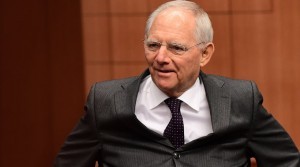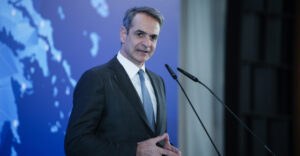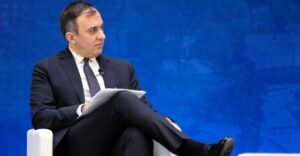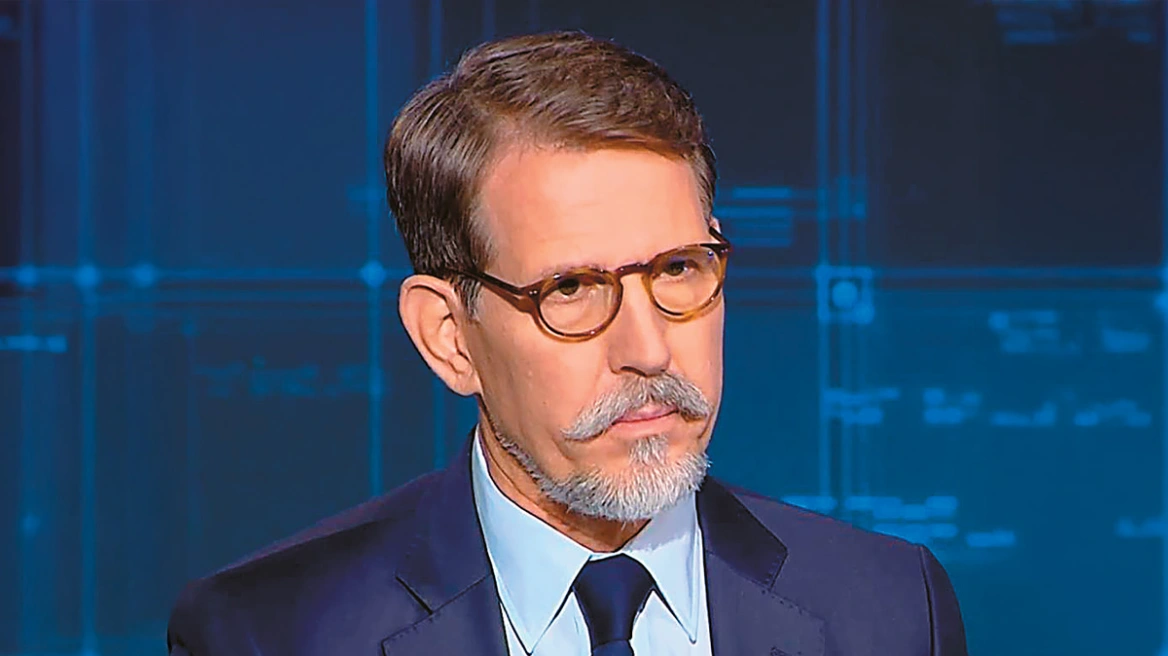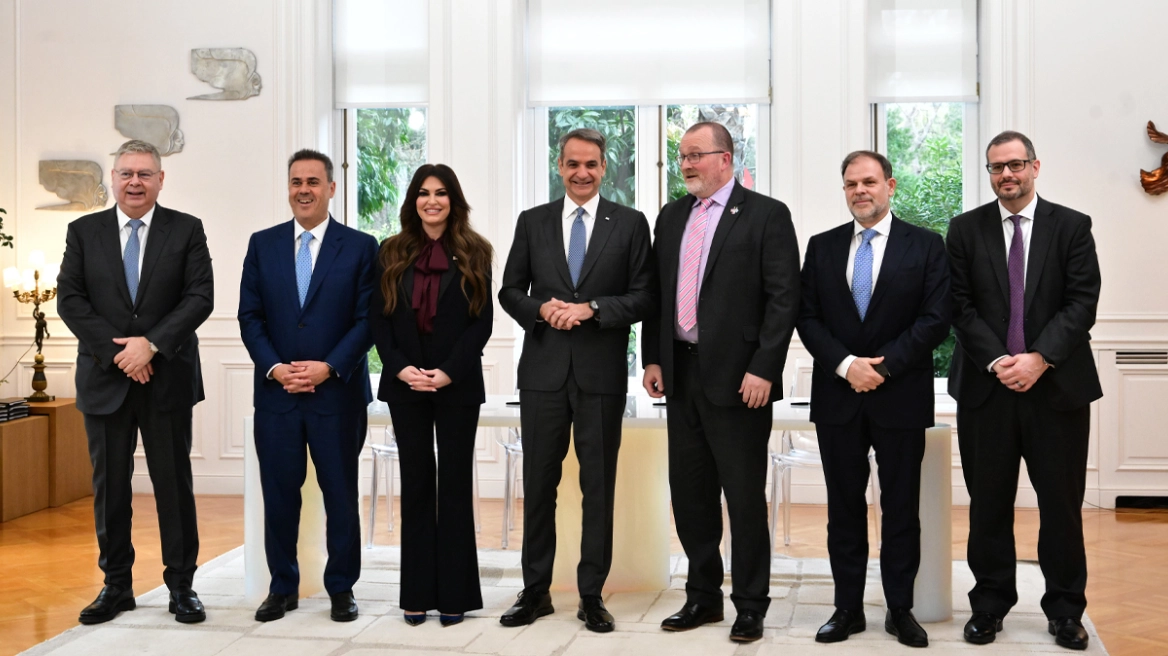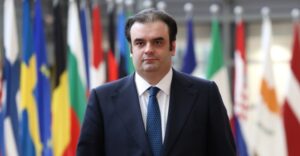“Greece has to become competitive to regain the trust of the markets and that is a long road”, German Finance Minister Wolfgang Schauble stated during his arrival at the EuroGroup meeting in Brussels, Monday. The Eurozone county Finance Ministers are arriving at the building, with the head of the EuroGroup, Jeroen Dijsselbloem expected to present his proposals at the European Council at midday (Greek time).
Today’s meeting is not expected to produce any substantive results besides simply acknowledging the progress recorded in the Greek program. The Ministers are also expected to present European Stability Mechanism’s (ESM) medium-term measures on the Greek debt, as well as examining the three major issues: labour reforms, the 2018 GDP surplus target and fiscal measures for the next 2 years.
According to EU sources, a deal could be reached on the matters related to the second review of the Greek program on a technical level, as the differences between the two sides appear to have largely been overcome, while an agreement is also possible concerning the measures presented by the ESM on the Greek debt relief. Arriving at the meeting,
European Commissioner for Economic and Financial Affairs, Taxation and Customs, Pierre Moscovici told reporters outside the building that he was optimistic of making progress, especially regarding medium-term measures on the Greek debt. He stressed that demanding and reliable measures were necessary for the next two years, informing the press that talks would revolve around the fiscal measures the Greek government needs to implement to achieve a primary surplus for 2017 and 2018. On the thorny matter of whether the IMF would be on board the Greek program, the Commissioner expressed hope that a compromising solution would be found.
French Finance Minister Michel Sapin expressed the view that a dealm would be struck on the medium-term measures on the Greek debt, adding that Greece had made huge progress and that it was the first government that had implemented reforms. He added, however, that more measures were needed besides the fiscal policies.
Following the results of Sunday’s Italian referendum, with the voters rejecting the proposed reforms by Italian PM Mateo Renzi, the country’s Finance Minister Pier Carlo Padoan will not attend the meeting.
Ask me anything
Explore related questions
